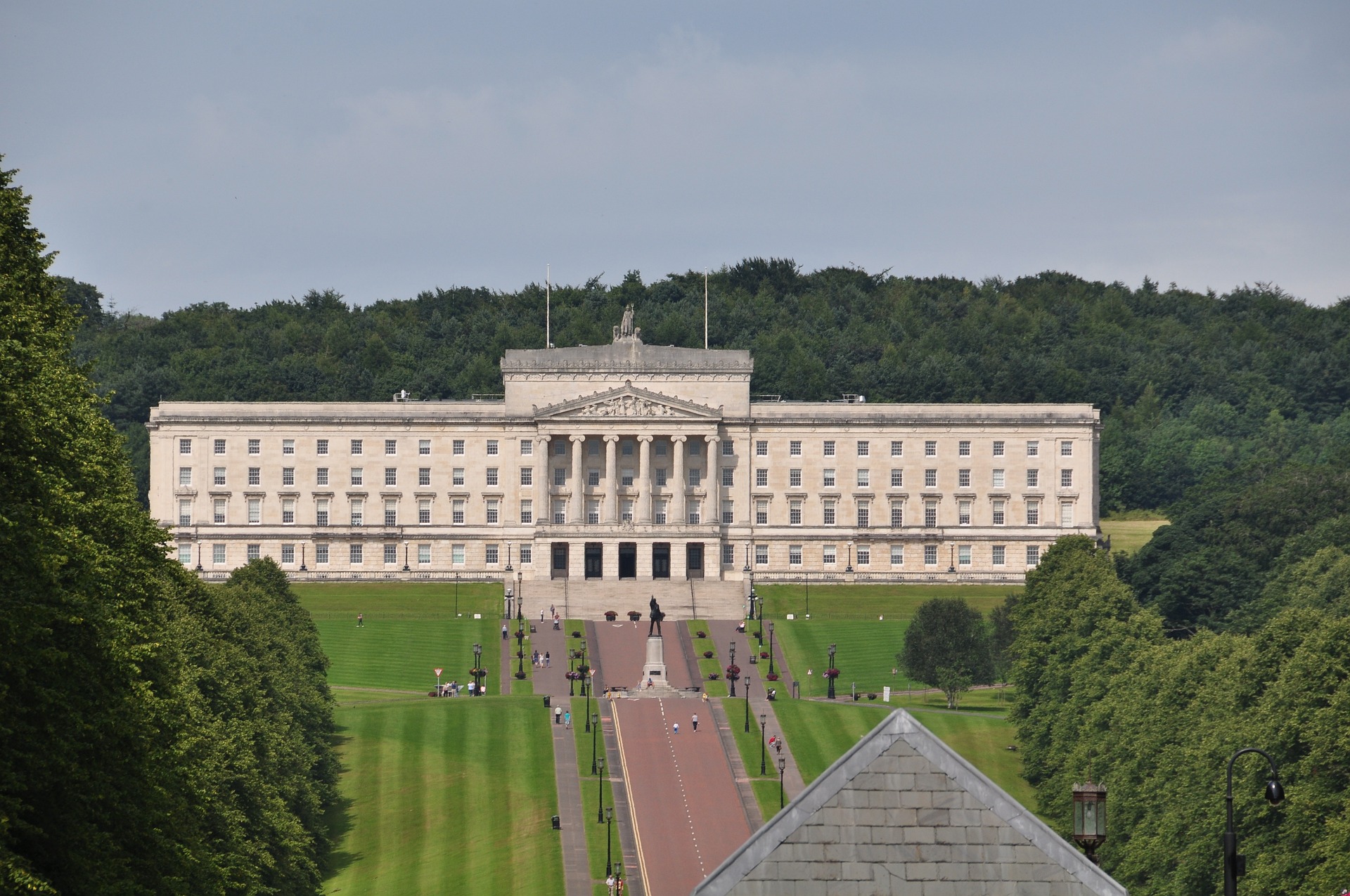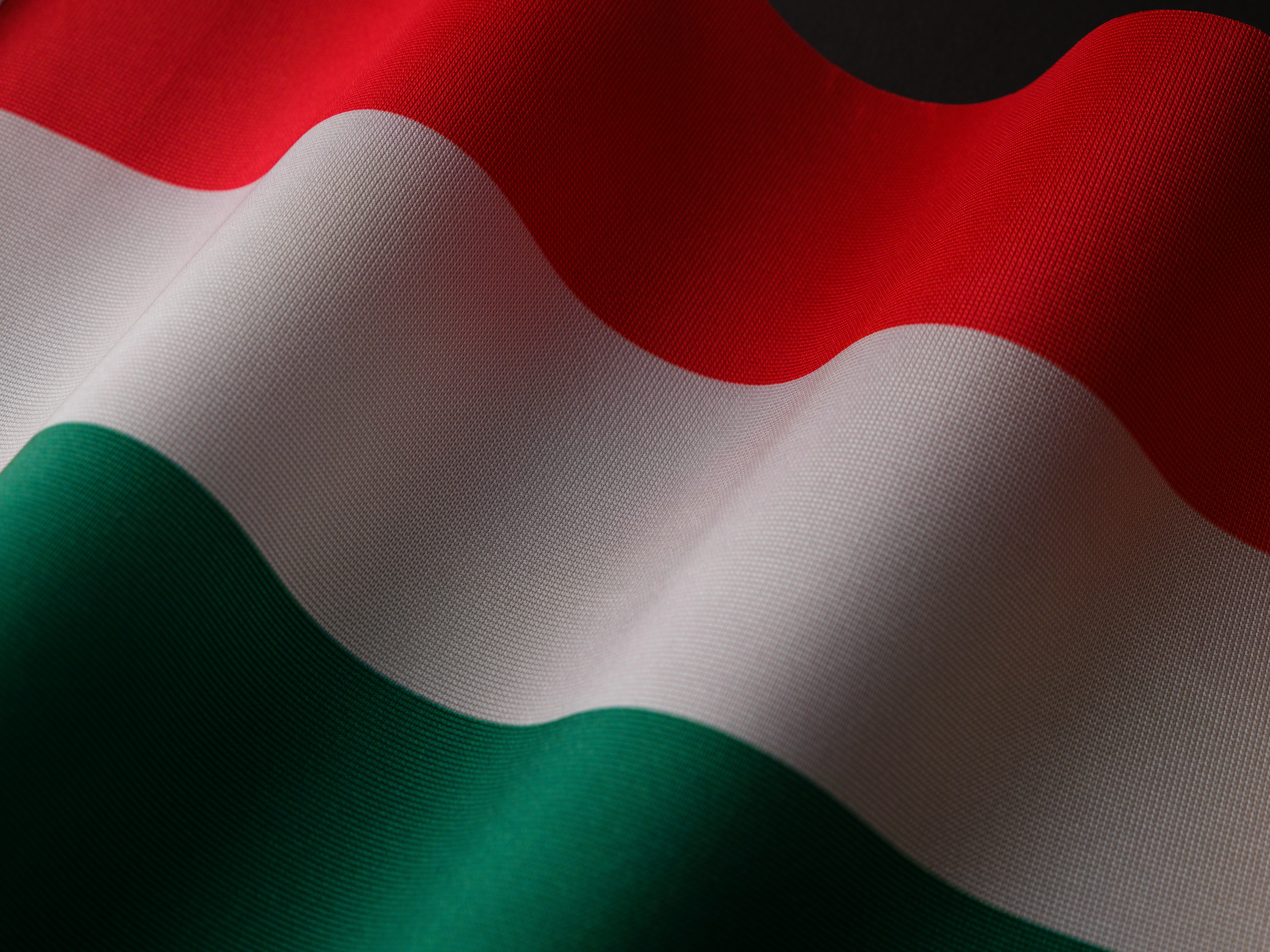In the past two years, Northern Ireland has experienced an unprecedented political stalemate that severely crippled government functionality. This period was marked not only by a halt in political decision-making but also by the increasingly adverse effects on public services, sparking widespread concern and debate. Finally, in 2024, Northern Ireland saw the dawn of a political thaw, successfully restoring a functioning government and opening a new chapter for the future of this constituent country of the United Kingdom.
After Stormont ministers walked out of the assembly, the nine government departments of Northern Ireland were run by senior civil servants, whose powers were severely limited in terms of the policies they could implement. Financially, as of late 2022, the departments faced an overspend in their budget by over £600 million, negatively affecting the delivery of public services in Northern Ireland. Following the collapse of the executive, Jayne Brady, the head of the civil service, has represented Northern Ireland at UK-wide events, bearing the brunt of increased demands towards the government and heightened scrutiny from the public.
In the last two years, large decisions have been continuously delayed, with the Northern Ireland health care system enduring the longest wait lists for procedures across the UK. The absence of a functioning government led to the refusal of pay raises for public servants, triggering the largest demonstrations and strikes witnessed in the region in recent history. In January 2024, tens of thousands of workers from over 16 labour unions took to the streets in protest over stagnant wages. Given that public sector salaries in other parts of the UK have increased, those in Northern Ireland have been missing out, effectively experiencing pay cuts due to high inflation.
The issue stemmed from the collapse of the power-sharing government system which was a result of the 1998 “Good Friday Agreement”. This landmark agreement aimed to bring peace to Northern Ireland by requiring politicians from the largest Unionist and Nationalist parties to share power in an executive. Under the power-sharing agreement, the First Minister is selected by the party receiving the most votes, while the Deputy First Minister is nominated by the other leading party. These roles, essential for the functioning of the government, are symbolic of the political balance, requiring both to operate effectively. Historically, the Ulster Unionist Party (UUP) and the Democratic Unionist Party (DUP) have been the dominant forces, regularly occupying the First Minister position since the agreement’s inception. However, today’s landscape sees Sinn Fein, appealing to Republican and predominantly Catholic voters, and the DUP, representing Unionist and primarily Protestant voters, as the largest parties within their respective communities. They alternate in nominating candidates for significant roles like the speaker of the parliament and department ministers. The system faced a critical challenge when DUP ministers withdrew in protest over disputes concerning post-Brexit trade agreements, leading to the collapse of this delicate power-sharing mechanism.
Upon his return to Stormont in late 2023, Jeffrey Donaldson of the DUP encountered stark internal challenges, with clear divisions emerging within his party. Nonetheless, the deal with the British Parliament moved forward, leading to a pivotal agreement that reinstated the power-sharing framework. The British Parliament has now approved an overhaul of rules governing post-Brexit trade in the UK, with a specific focus on Northern Ireland. This reform, a result of discussions between the DUP and the British government, includes measures to eliminate physical inspections for most goods circulating within the UK’s internal market and for 80% of the products shipped from Britain to Northern Ireland. However, certain imports from Britain into Ireland, such as raw materials, will still undergo thorough customs checks. This “Safeguarding the Union” deal has faced limited opposition apart from within the DUP itself and from the Nationalist TUP. According to Jeffrey Donaldson, this deal would meet the party’s objectives of maintaining Northern Ireland’s integral role in the UK. One of the key issues raised was that some goods available to other UK residents were not allowed to be sold in Northern Ireland.

and Mary Lou McDonald, president of Sinn Féin Ireland.
Photo by Sinn Féin on Flickr.
A historic shift has occurred in Northern Ireland, with Sinn Fein emerging as the largest party for the first time, nominating their candidate for First Minister. This marks a departure from the tradition of unionist leaders holding the role, leaders who have been vocal supporters of Northern Ireland’s place within the UK. Among nationalist parties advocating for Irish sovereignty, Sinn Fein has a notable history of pursuing this goal, a pursuit intertwined with its past association with the Irish Republican Army (IRA) during the Troubles in the 1970s. Today, led by figures such as Michelle O’Neill, Sinn Fein’s growing electoral strength since the 1980s signals a significant political evolution. In terms of results for the political situation in the UK, Northern Ireland joins Scotland as another part of the UK where the First Minister’s primary objective is independence. However, it does not appear that a unified island is forthcoming although Sinn Fein’s president Mary Lou McDonald stated that the party’s goal was “within touching distance”. For unification that abides with the Good Friday Agreement, voters would have to agree in a referendum. With the changing political landscape in the region, it remains to be seen what the future will look like.






